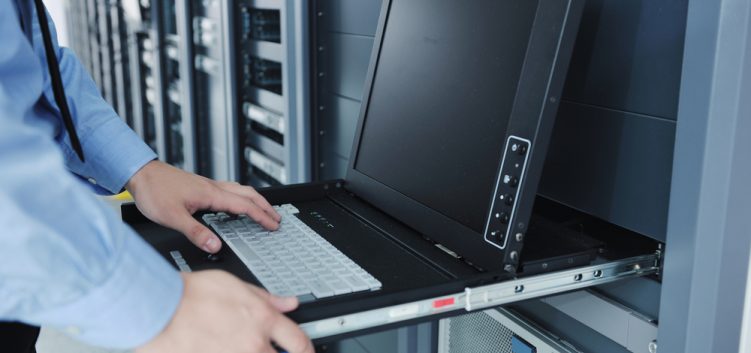Cybersecurity in 2020
First off, Happy 2020 Everyone!
New Year, New Abbreviation! Many of you may have heard about the warning of abbreviating 2020. Abbreviating 2020 could leave you vulnerable to fraud due to the fact that any number can be added after 20. An example is if you wrote 2/16/20, someone could make it 2/16/2015. This can cause major issues opening account documents and legal documents, such as contracts, court paperwork, trust documents, and the like. Concorde wants to make sure all clients are in the know and can protect themselves. Be careful out there!
Multi-Factor Authentication
Recently, the acronym MFA has been used quite frequently and is consistently discussed in many technology and cyber security forums. MFA stands for Multi-Factor Authentication; it is also commonly referred to as Two-Factor Authentication, but there are only two types of authentication with 2-FA.
Next you might ask “what does MFA mean exactly”? MFA is a security system that verifies a person’s identity via electronic devices by requiring the user to have multiple credentials. These credentials may include asking for a code from a user’s smartphone, answering a security question, using the users fingerprint and facial recognition for verification purposes.
This type of verification is to protect internal devices from malicious hackers. It is more difficult for an attacker to wreak havoc on an operating system when they must go through more than one credential process to try to access private and sensitive data.
Many institutions have a duty to keep client’s personal identifiable information as secure as possible. Multi- Factor Authentication is being used by Concorde to keep your data as safe as possible.
Juice Jacking
What does juice have to do with cybersecurity? Juice jacking means something completely different in the cybersecurity world. Juice Jacking is when you plug your phone into a public charger and a hacker gets into your phone through injecting a malicious code into the device through the power cable. Thus, the hacker can access all the information on your phone because of the malicious code being injected into your phone from the charger.
The attack is simple but can cause severe damage. The simple act of plugging in your phone into a public charger kiosk can turn your life upside down. Once the hacker can get into your phone they can get into other things like your computer if you have your phone synced with your computer. In general, it is a good idea to stay away from the charging kiosk.
Some ways to avoid Juice Jacking is by keeping your phone at a good battery level, carrying a personal charger, and carrying a backup battery. The easiest thing is carrying a personal charger for just in case purposes. Also, many places sell phone chargers if you need a phone charger on the spot. It is highly suggested to not use kiosk/public phone chargers due to Juice Jacking. The best thing is to be skeptical and protect yourself through being informed.

